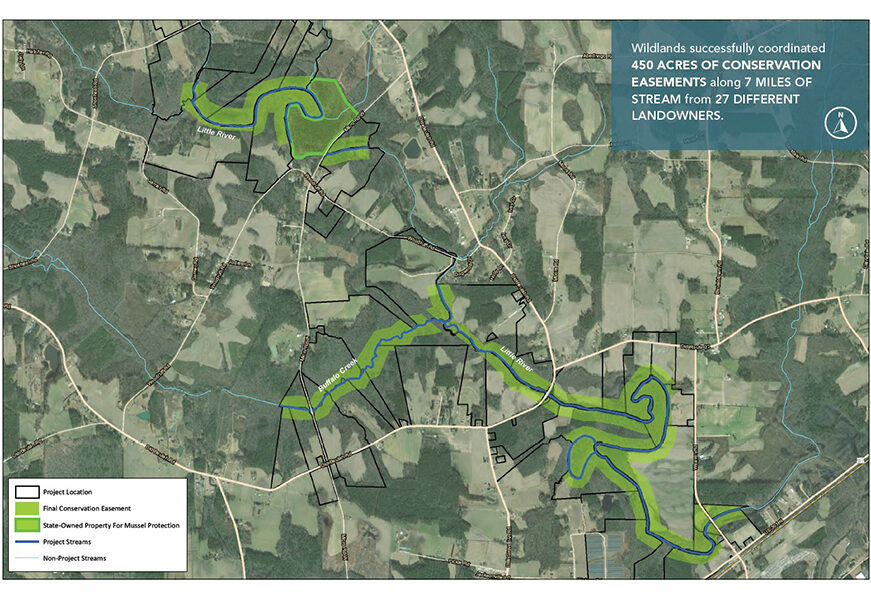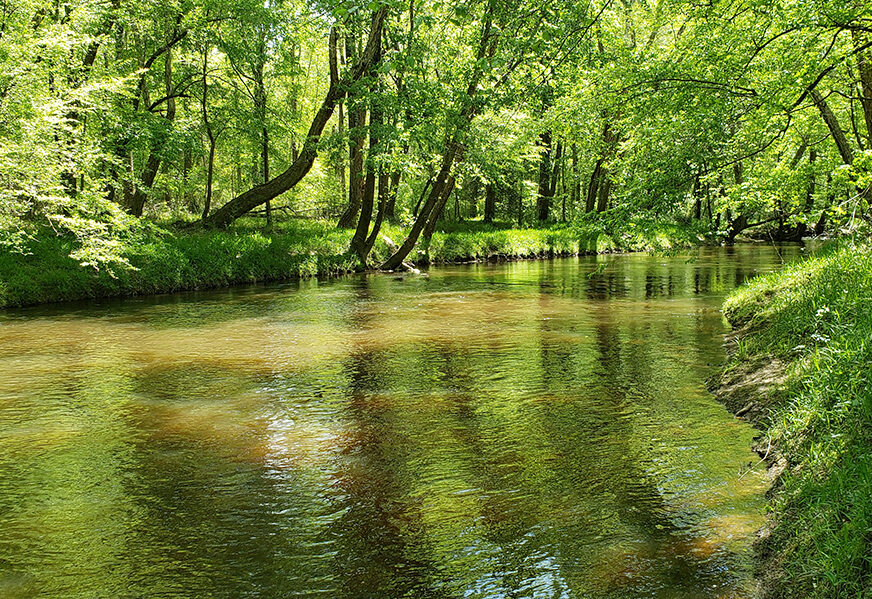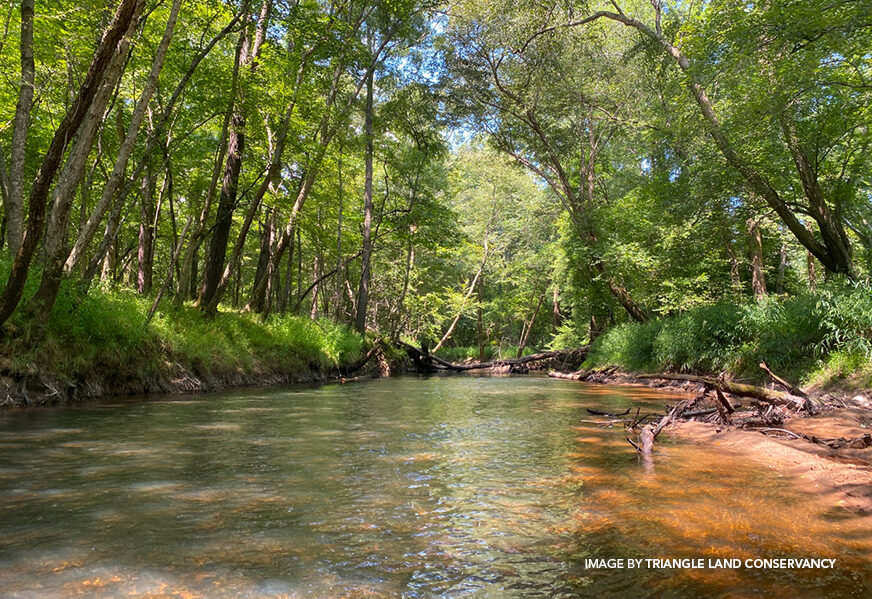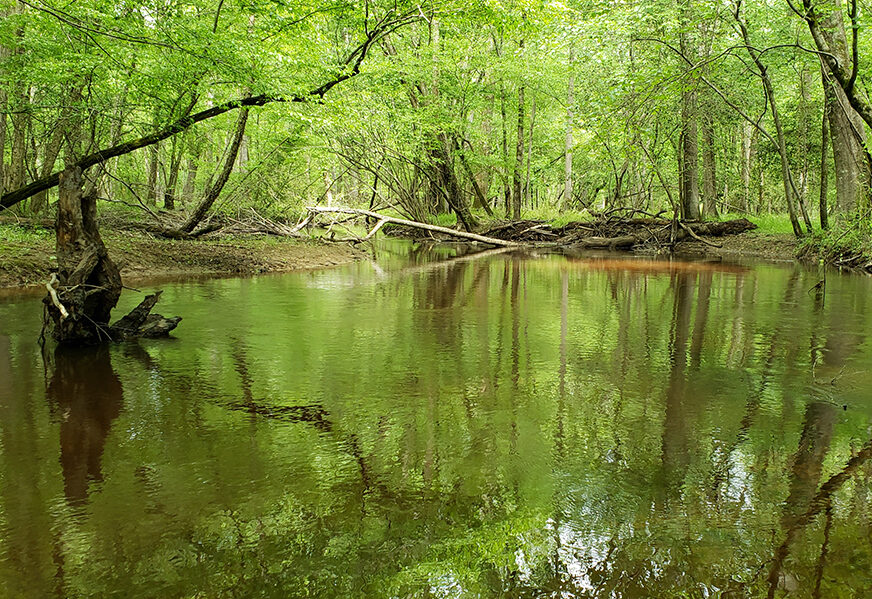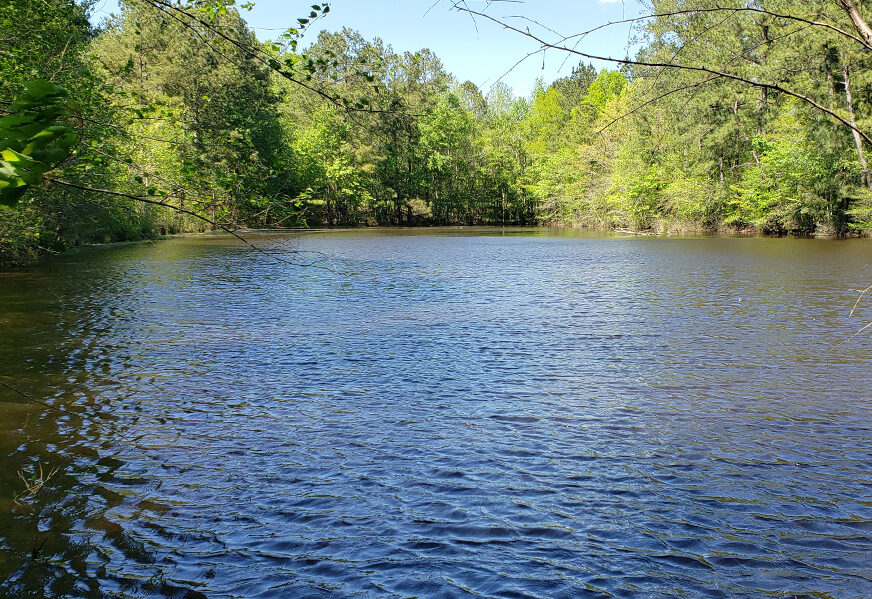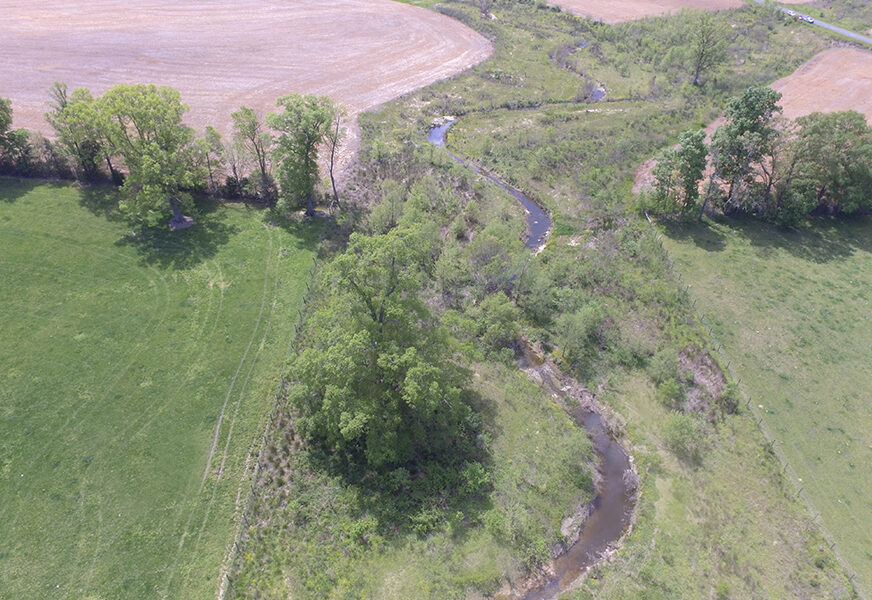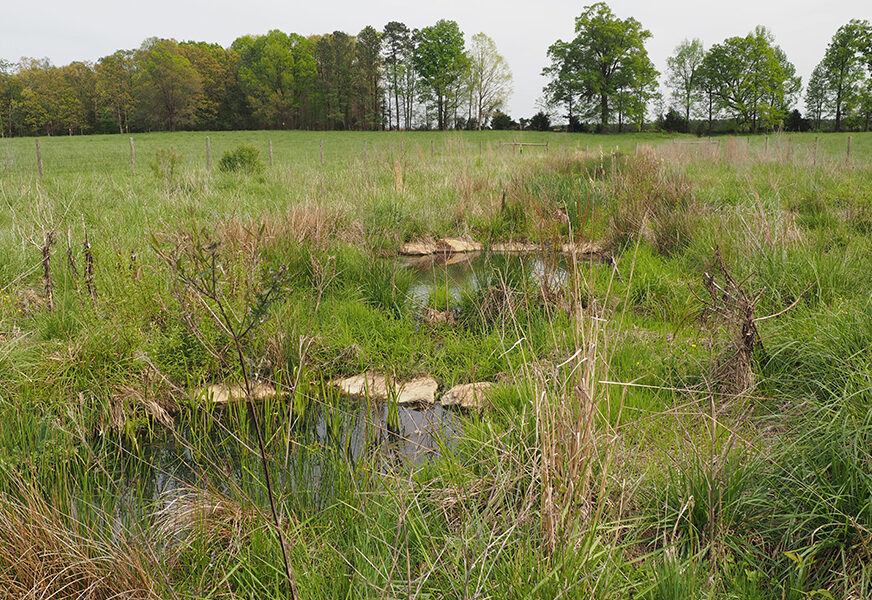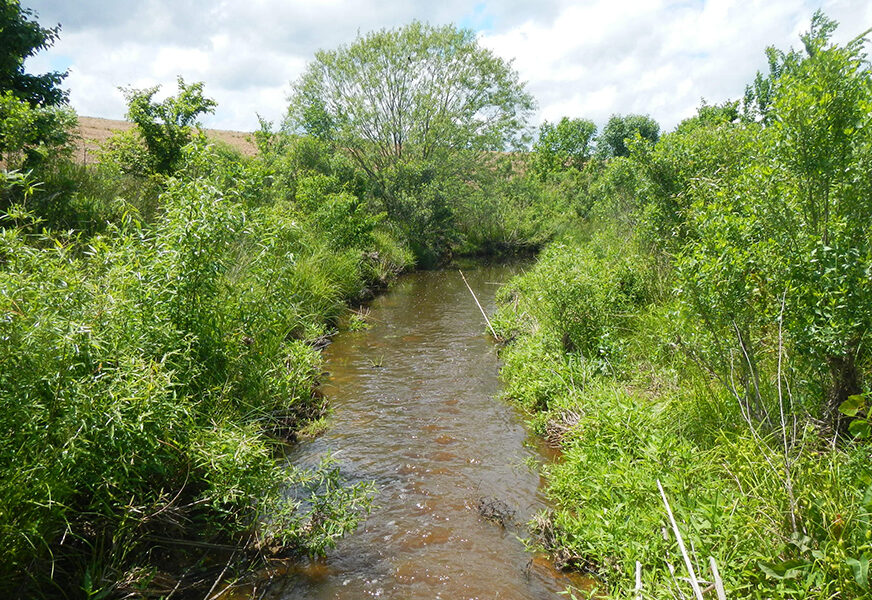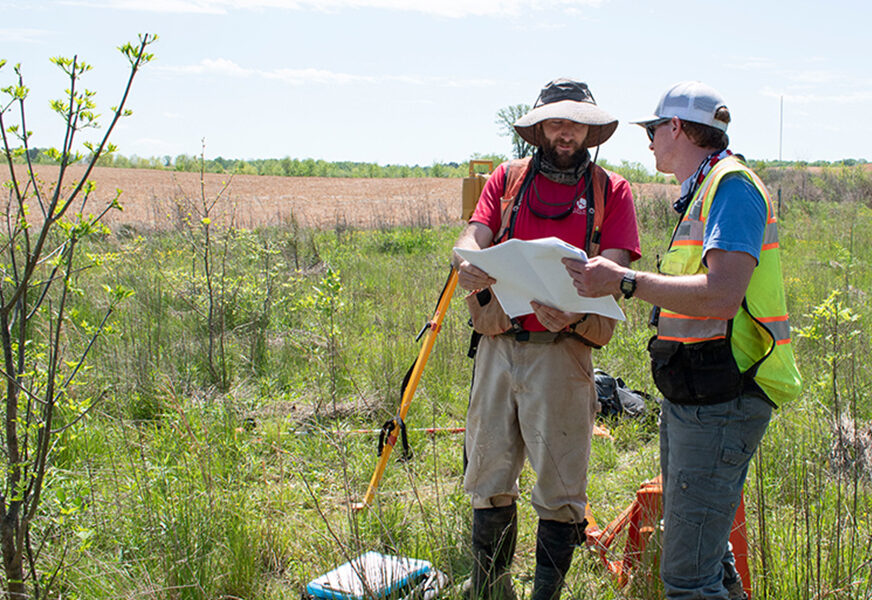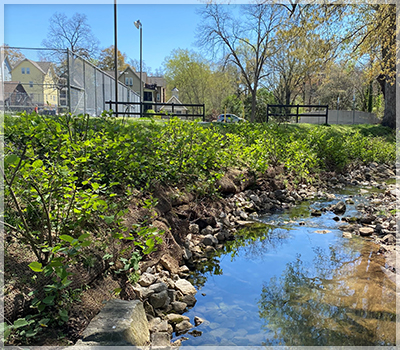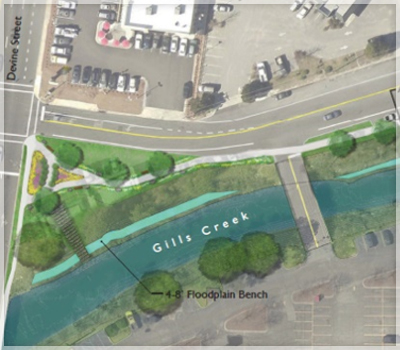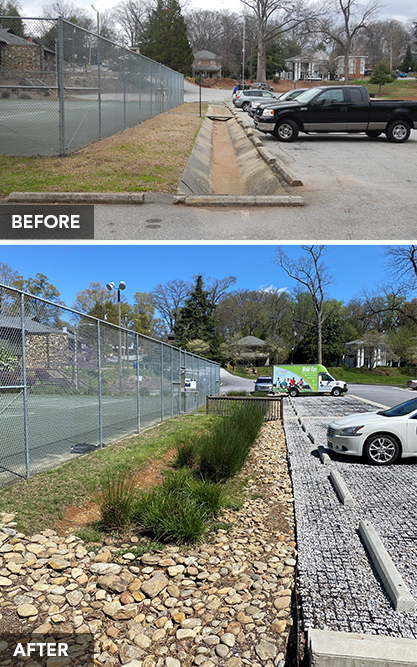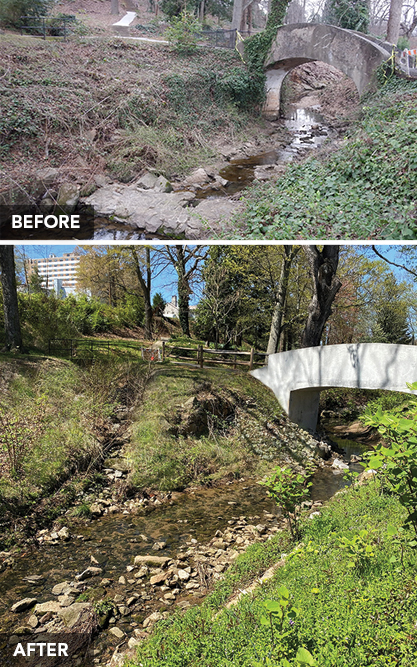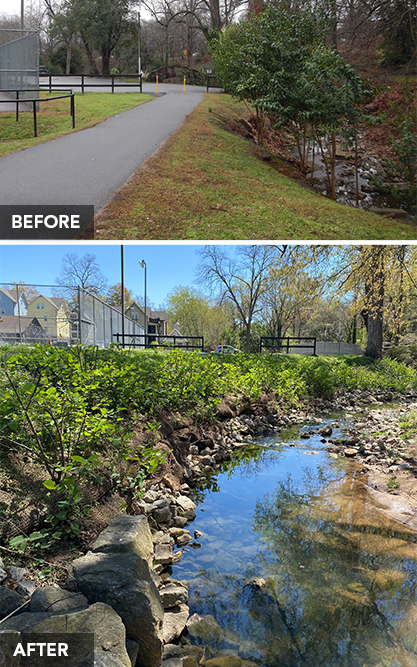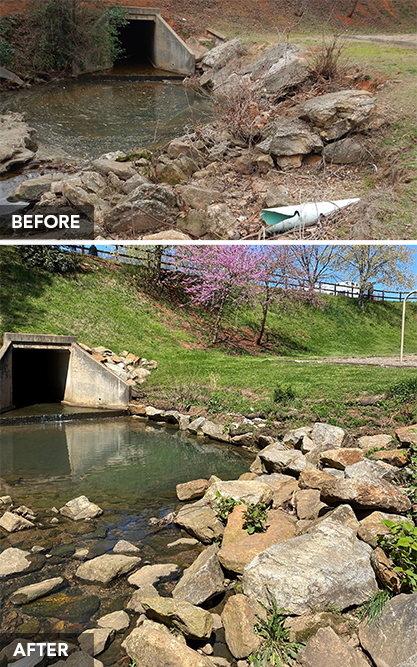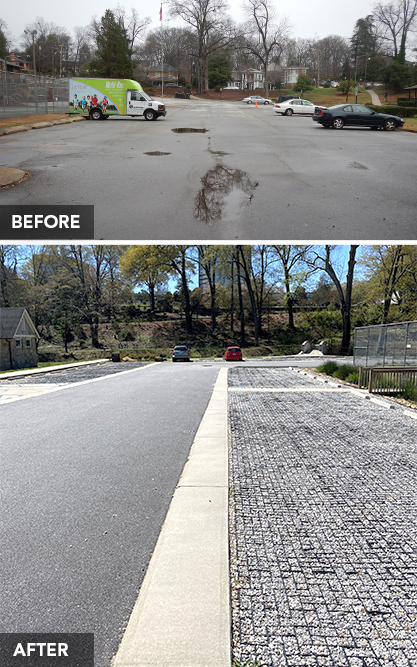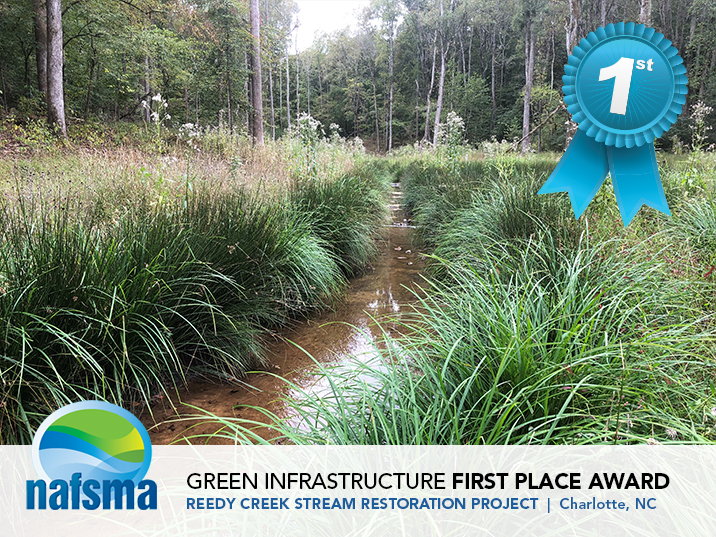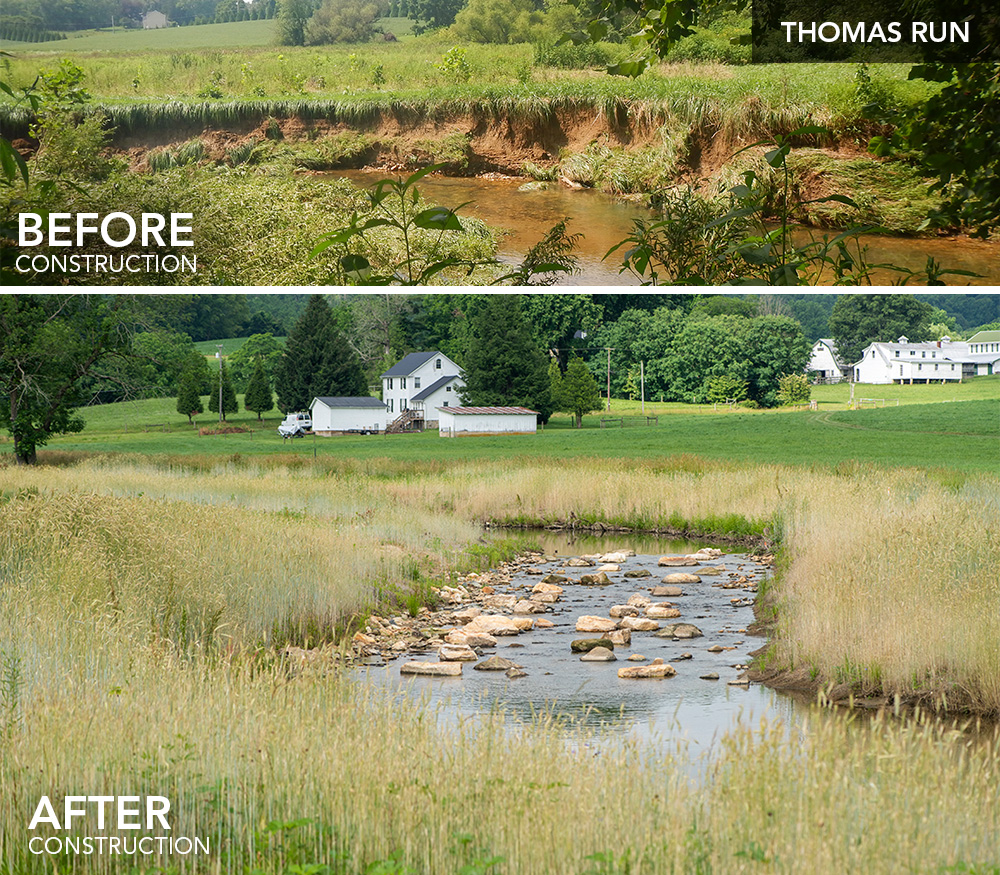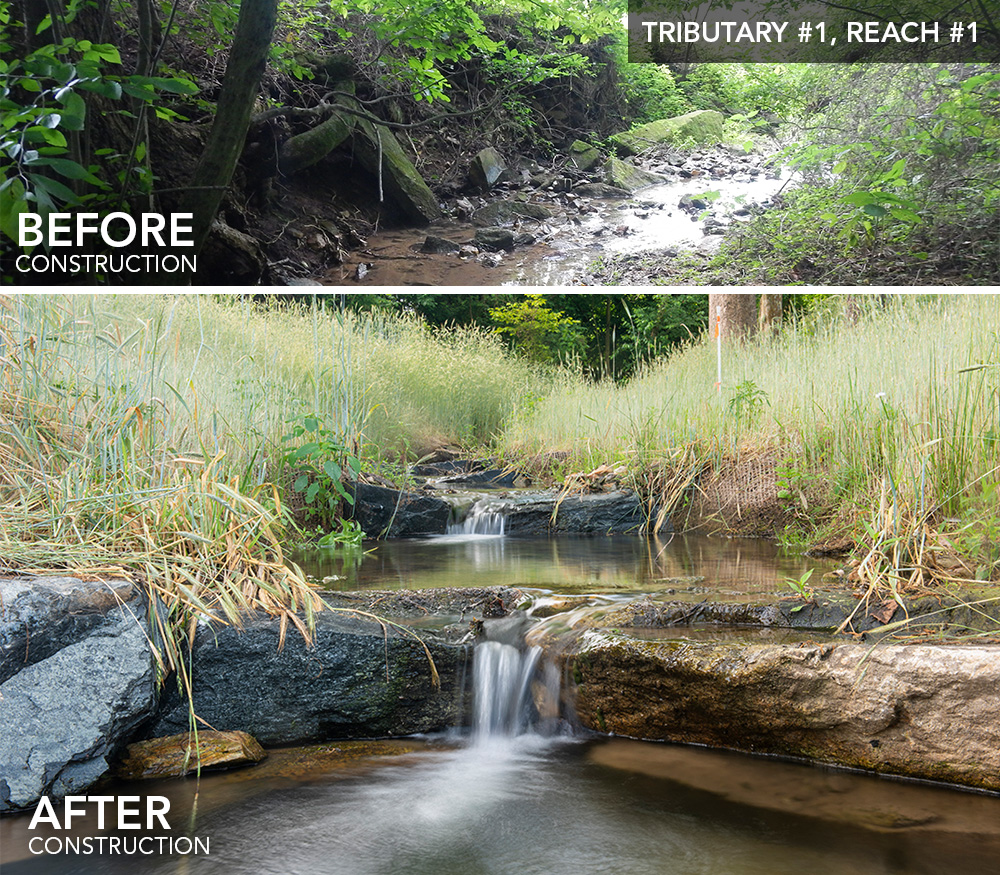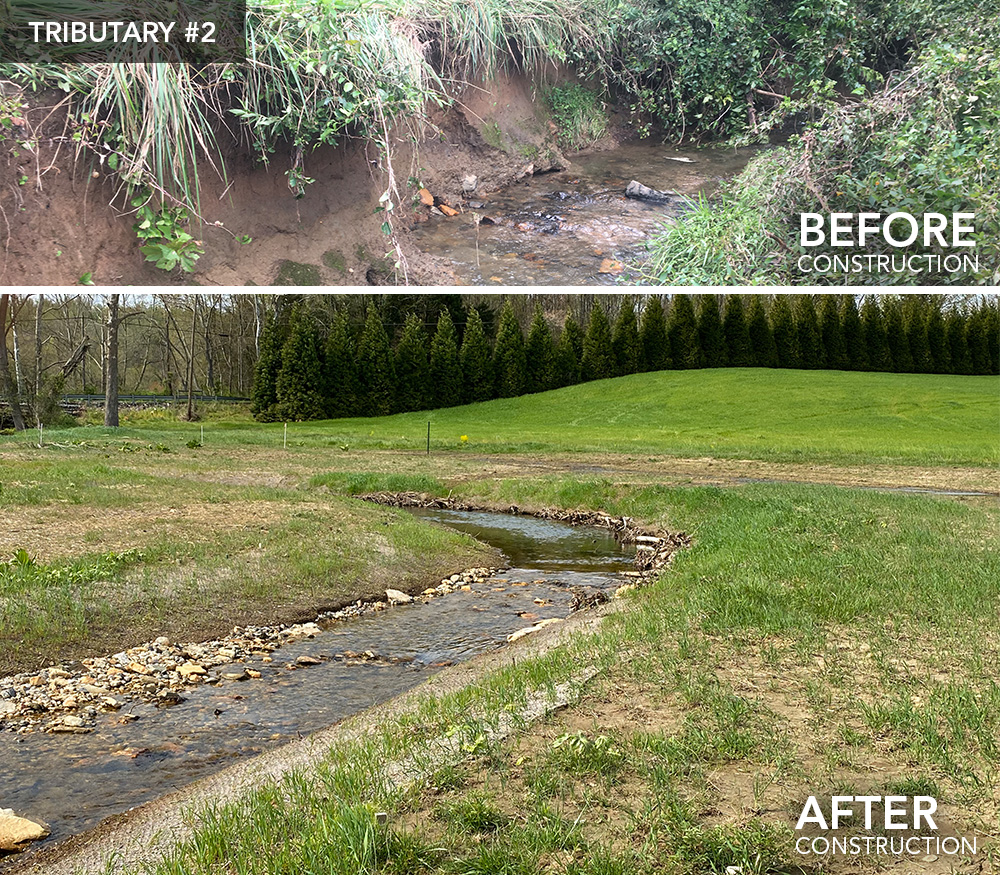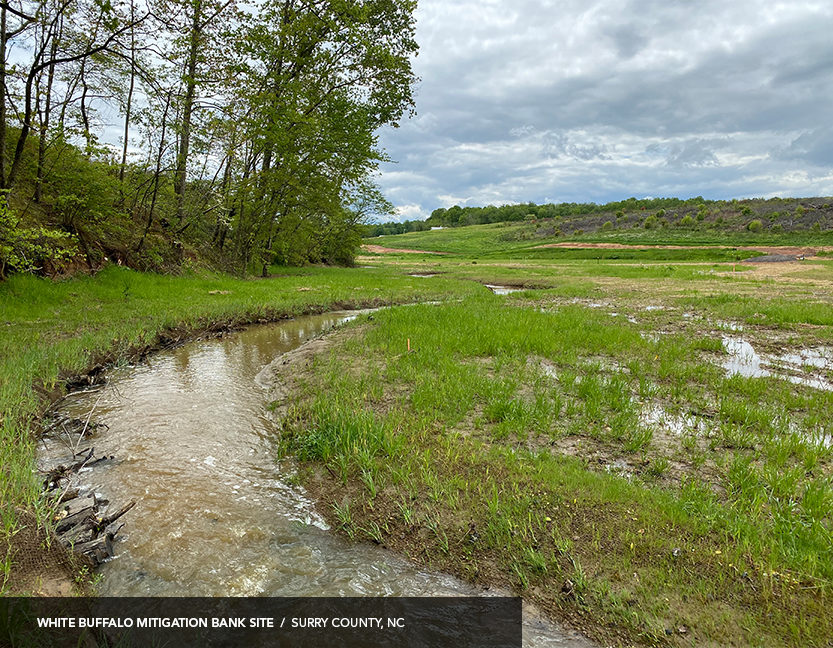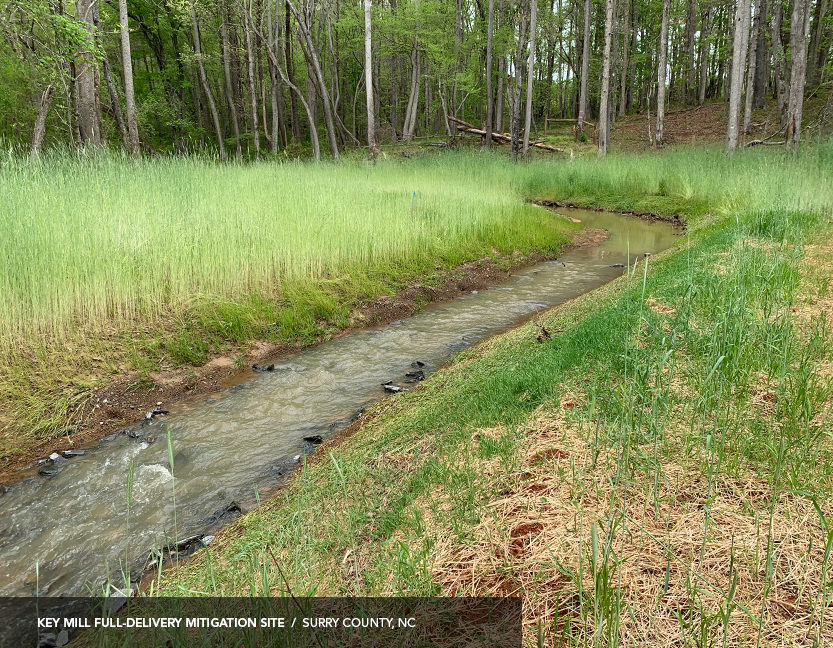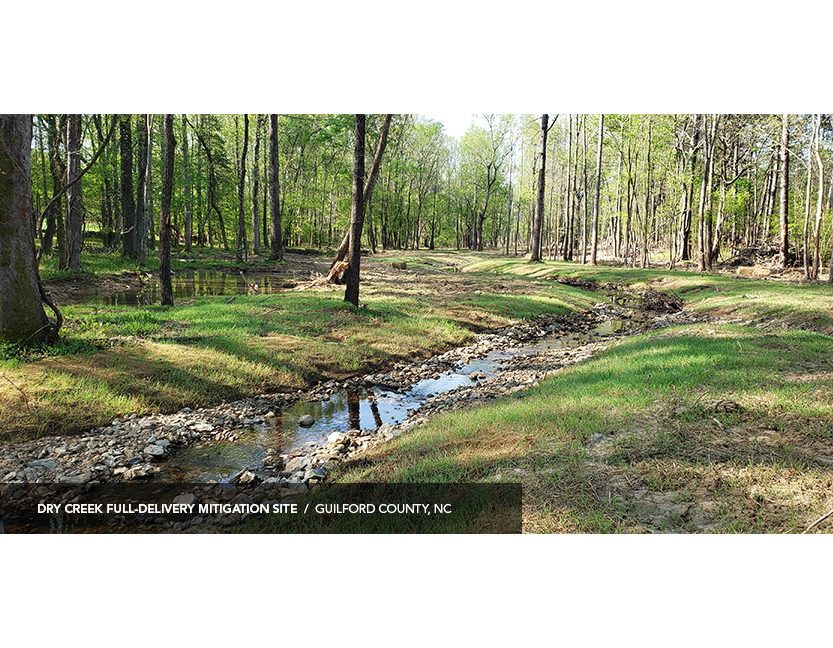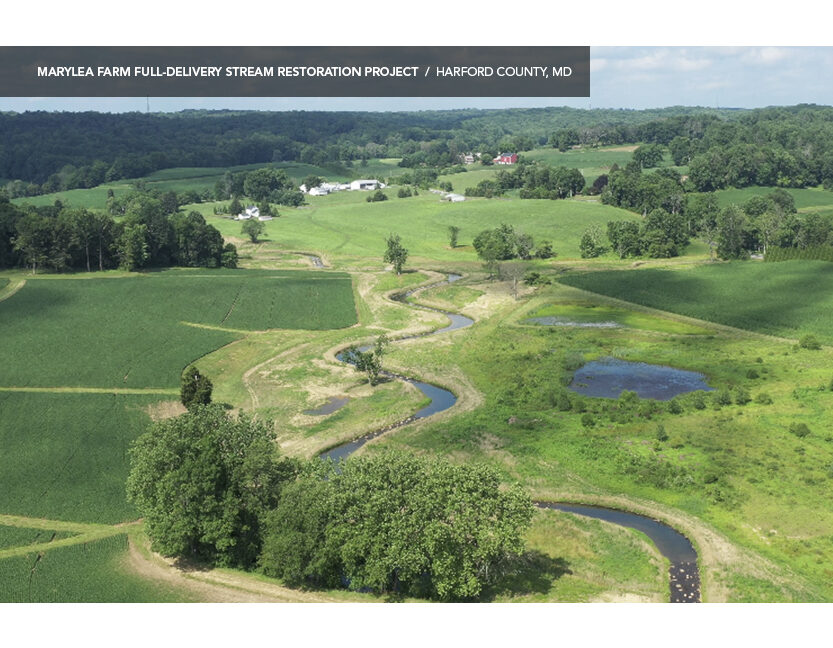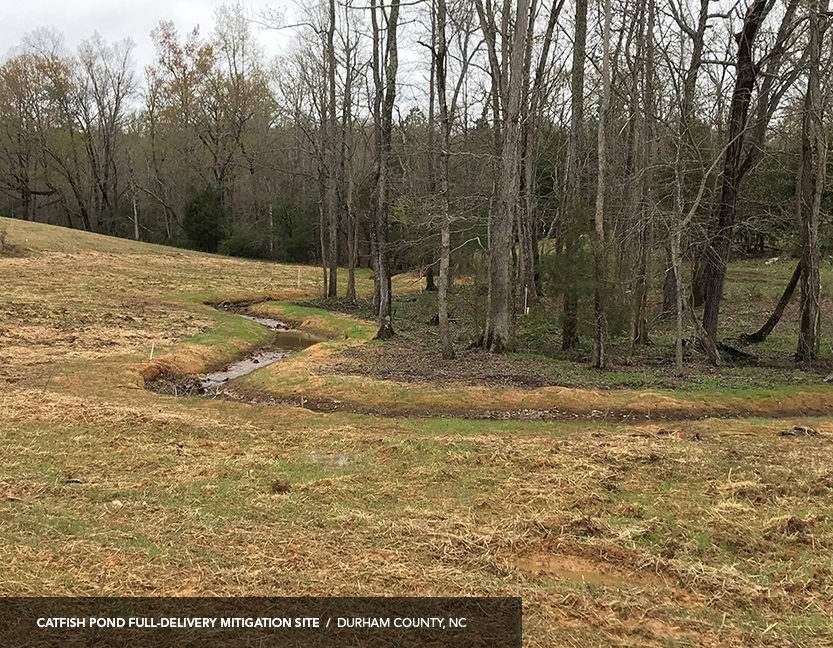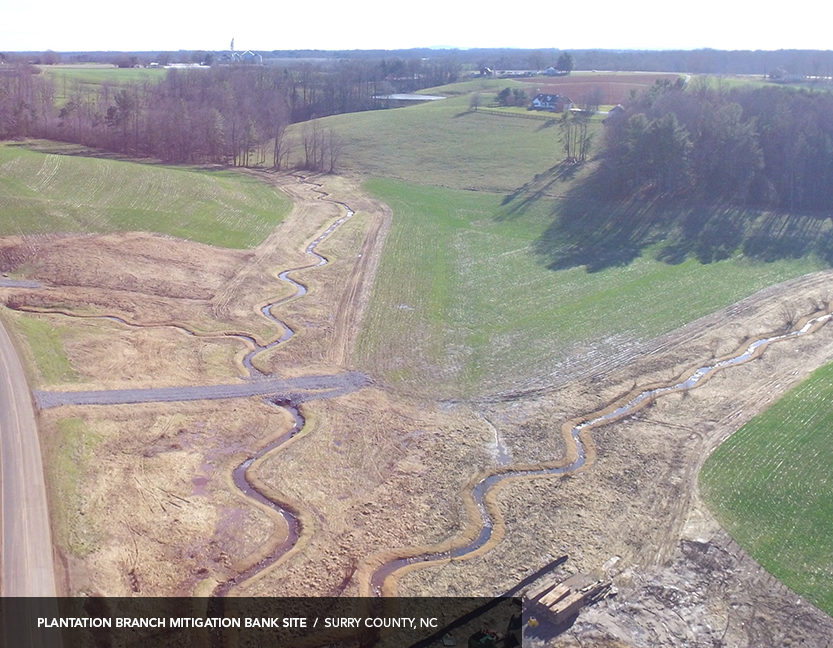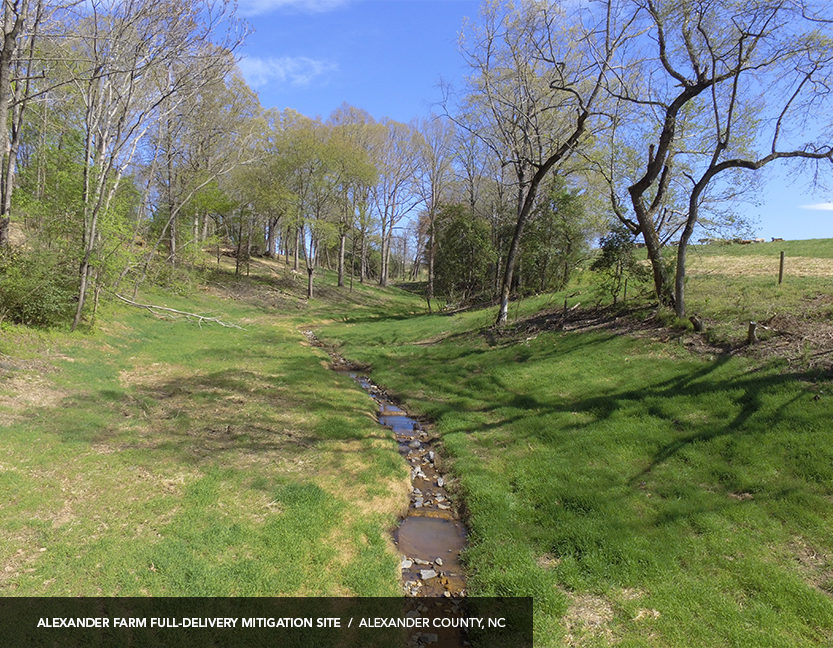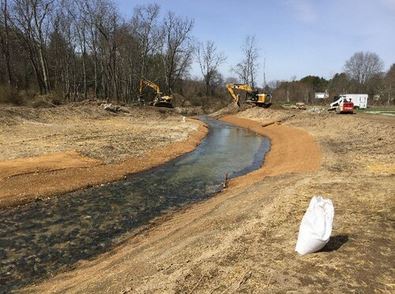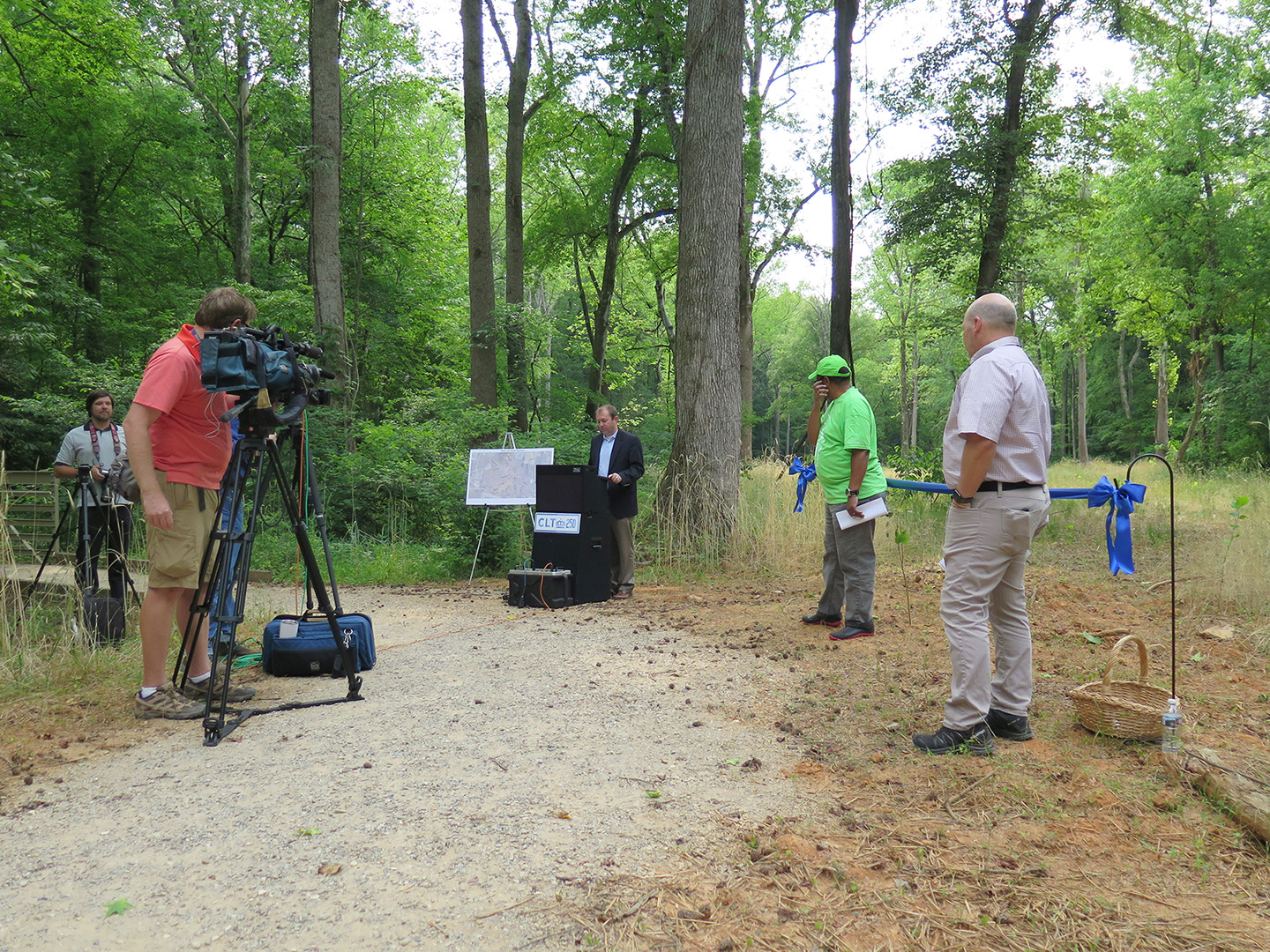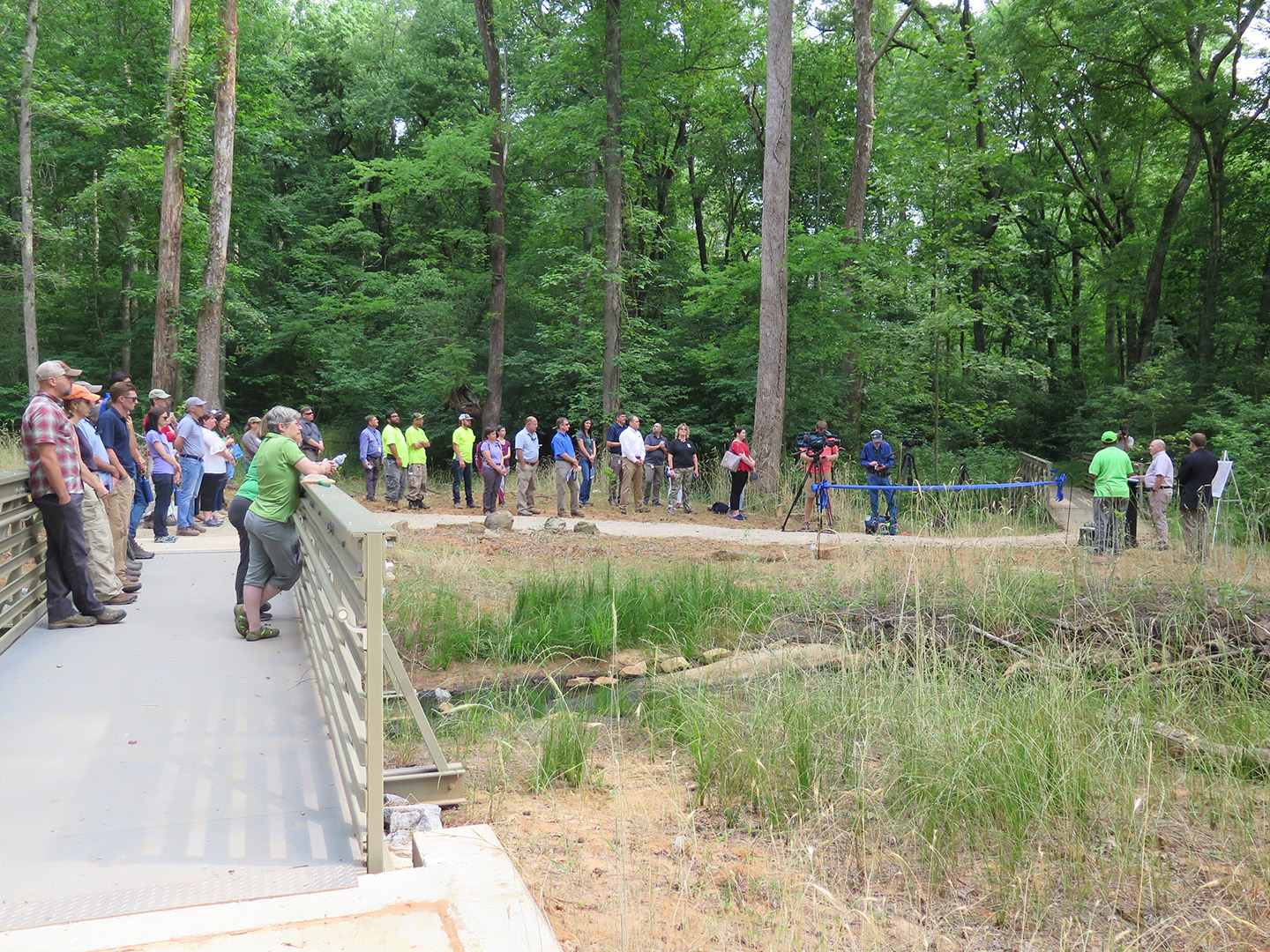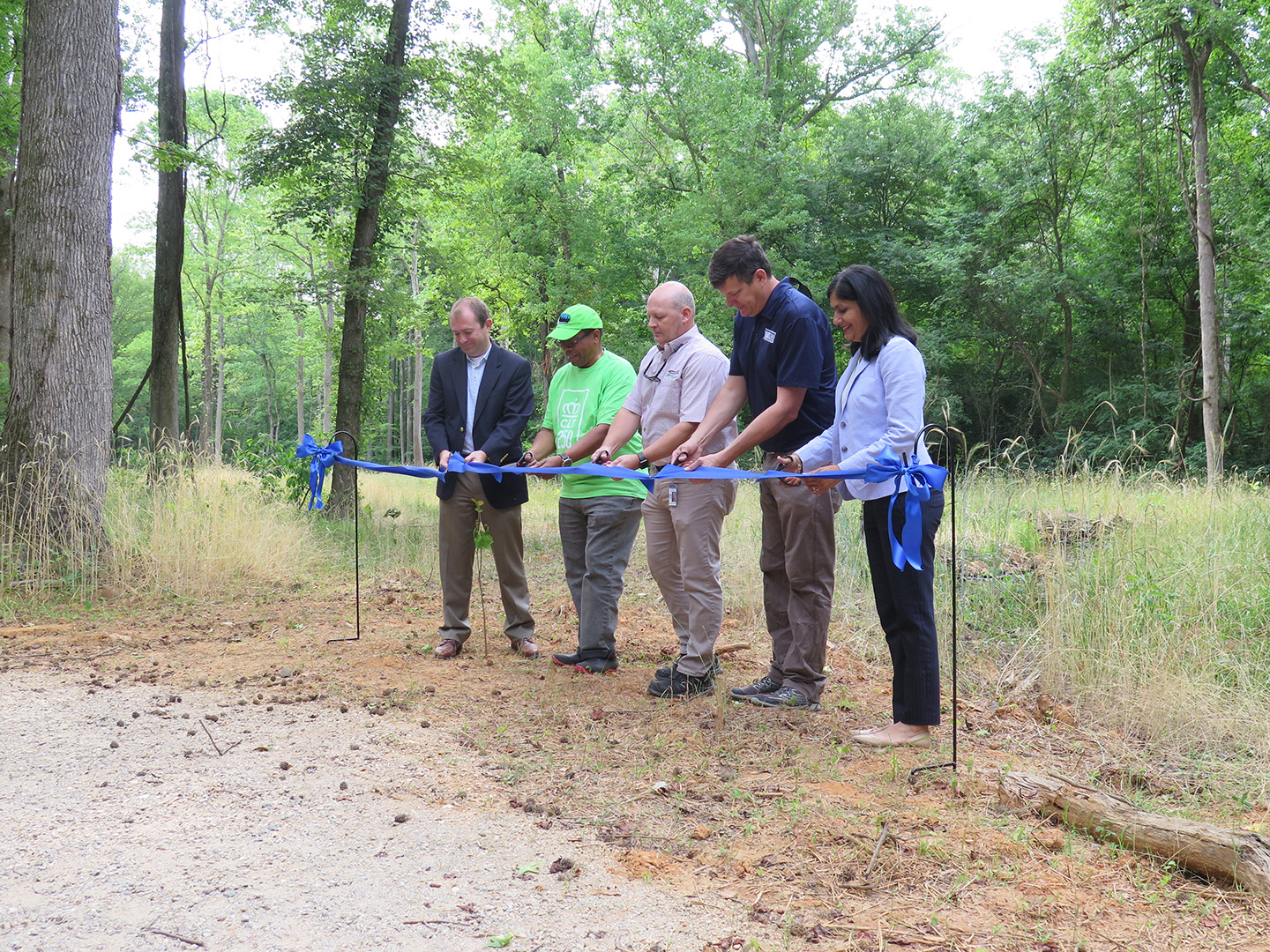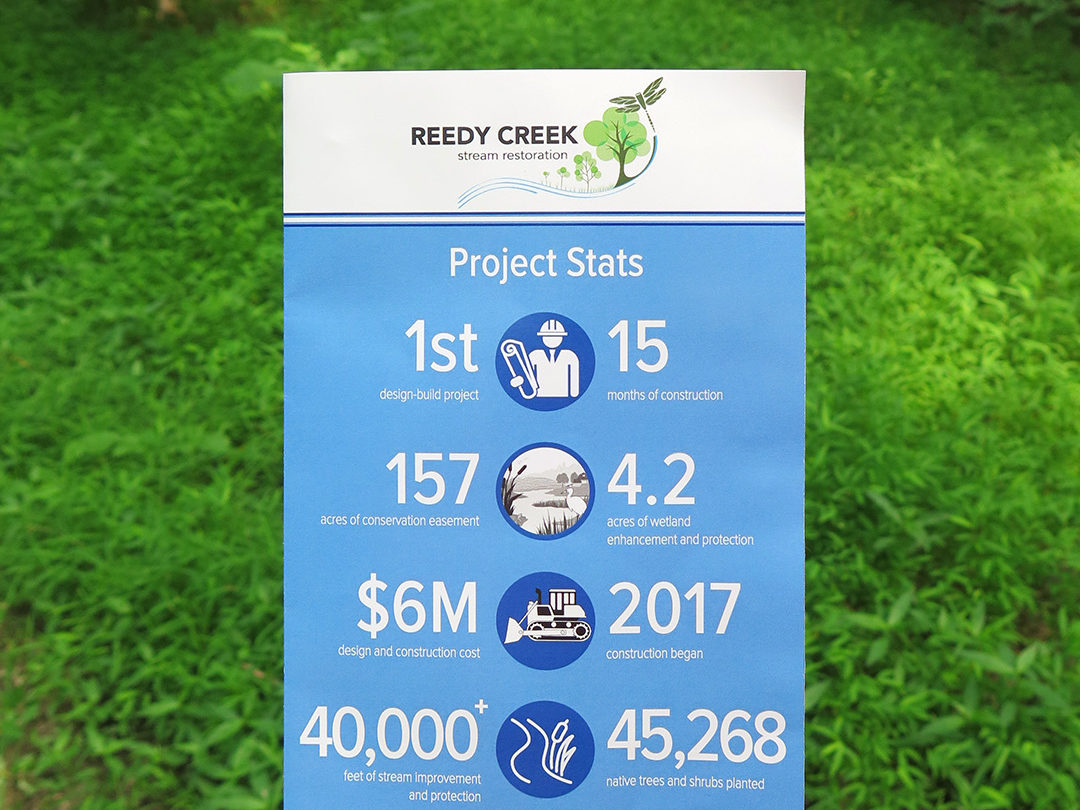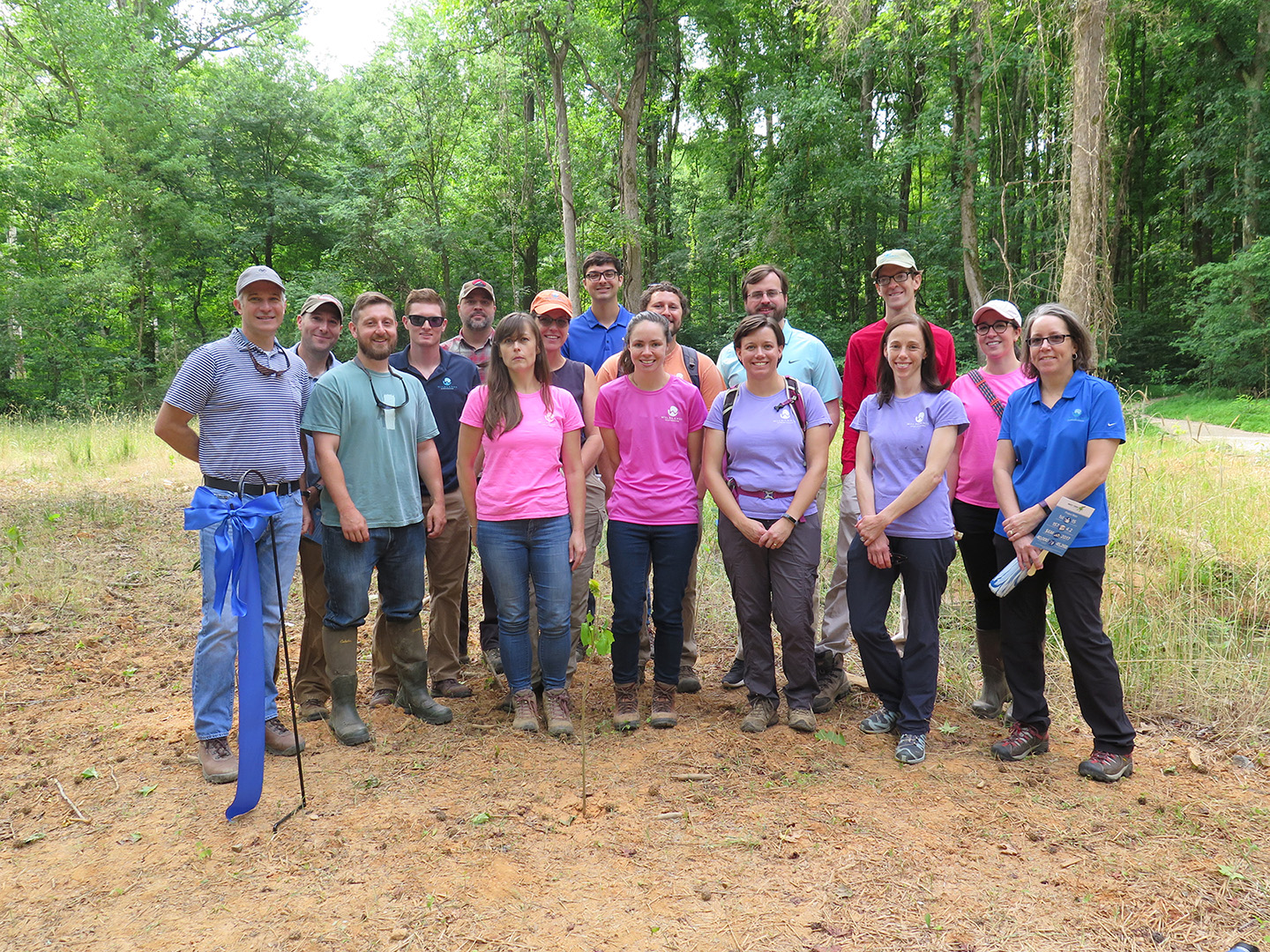Wildlands helps NCDOT protect critical aquatic habitat to mitigate impacts from construction of Interstate 540
In 2018, the North Carolina Department of Transportation (NCDOT) worked out an agreement with the Southern Environmental Law Center to mitigate potential effects to critical aquatic habitat from the Interstate 540 expansion. As part of this agreement, NCDOT committed to preserving land along the Little River and Buffalo Creek in northeastern Johnston County. Wildlands was one of the firms selected by and contracted with NCDOT to acquire the necessary land to meet the agreement conditions.
This past summer, Wildlands met with landowners along Little River and Buffalo Creek and successfully purchased 450 acres of conservation easements along 37,897 linear feet of stream (over 7 miles) from 27 different landowners. The conservation easement areas contain Little River Aquatic Habitat, dubbed by the North Carolina Heritage Program as a Natural Heritage Area with exceptional collective conservation value. This habitat area hosts imperiled species, including the dwarf wedgemussel (Alasmidonta heterodon), yellow lance (Elliptio lanceolata), Atlantic pigtoe (Fusconaia masoni), Neuse River waterdog (Necturus lewisi), and Carolina madtom (Noturus furiosus). The project landowners expressed deep love for the streams and were excited to do their part to protect them in perpetuity.
Wildlands will work with subcontractors this winter to plant native hardwood trees on previously unforested areas within the conservation easements. Triangle Land Conservancy, who assisted in the acquisitions, will serve as the long-term land steward.



